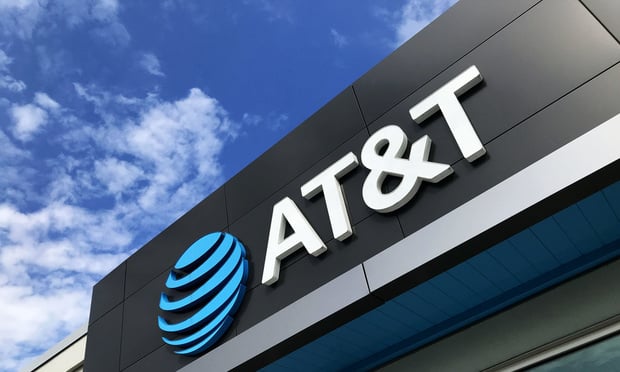Its video surveillance systems have won Hangzhou Hikvision Digital Technology Co. a place on the Trump administration's blacklist for their use in widescale repression of the Muslim population of western China.
As a result, a number of U.S. pension funds are rethinking their investments.
A Reuters report says that Hikvision and seven other companies made the blacklist "because they allegedly enabled the crackdown that has led to mass arbitrary detentions in the Xinjiang region." The California State Teachers' Retirement System (CalSTRS), the New York State Teachers Retirement System, and the Florida Retirement System all owned shares as of the end of June 2018, the most recent time period for which data was available.
A CalSTRS spokeswoman is quoted in the Reuters report as saying, "We are tracking the situation given this new development with the Department of Commerce's announcement," and a spokesman for the New York teachers' fund is cited as saying, "Our holdings are primarily held according to their weights in passive portfolios matching the MSCI ACWI ex-U.S. index, our policy benchmark. We are monitoring the situation."
Being blacklisted typically bars a company from purchasing certain U.S. technologies, like software and microchips, unless they've been granted specific permission. The blacklist does not mean U.S. investors are barred from owning their shares.
Hikvision, however, was barred from selling its products to U.S. federal agencies lest its technology gain access to "sensitive" systems. It is appealing its inclusion on the blacklist, with Reuters reporting that its general manager, Hu Yangzhong, has said the firm has hired a human rights lawyer to defend it.
"Hikvision has emerged as the corporate poster child for enabling Chinese human rights abuses, with its surveillance cameras visible atop the walls of detention camps incarcerating some 1 million or more Uighurs in Xinjiang," Roger Robinson, president and CEO of Washington, D.C.-based risk consultancy RWR Advisory Group, is quoted as saying. He adds that many Americans are unsuspecting owners because the shares are owned by index funds with little or no exploration into such factors as human rights abuses or national security.
From: BenefitsPro
Complete your profile to continue reading and get FREE access to Treasury & Risk, part of your ALM digital membership.
Your access to unlimited Treasury & Risk content isn’t changing.
Once you are an ALM digital member, you’ll receive:
- Thought leadership on regulatory changes, economic trends, corporate success stories, and tactical solutions for treasurers, CFOs, risk managers, controllers, and other finance professionals
- Informative weekly newsletter featuring news, analysis, real-world case studies, and other critical content
- Educational webcasts, white papers, and ebooks from industry thought leaders
- Critical coverage of the employee benefits and financial advisory markets on our other ALM sites, PropertyCasualty360 and ThinkAdvisor
Already have an account? Sign In Now
*May exclude premium content© 2025 ALM Global, LLC, All Rights Reserved. Request academic re-use from www.copyright.com. All other uses, submit a request to [email protected]. For more information visit Asset & Logo Licensing.






